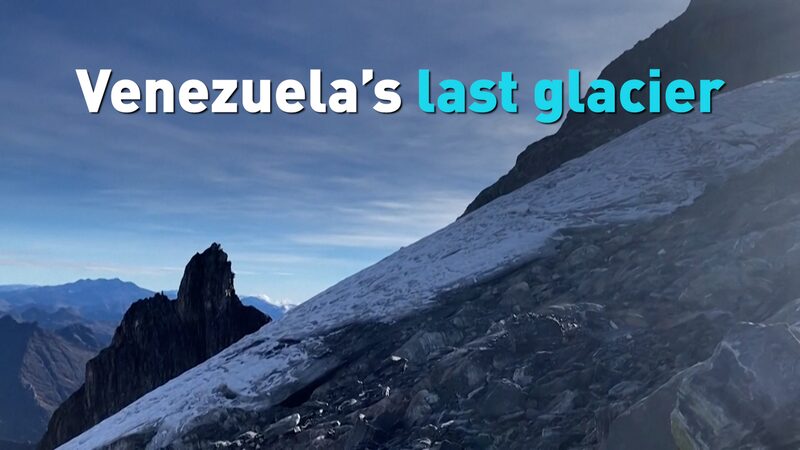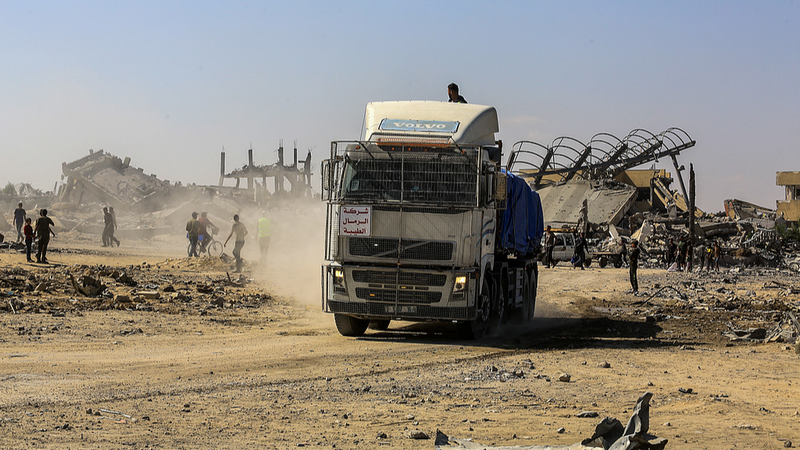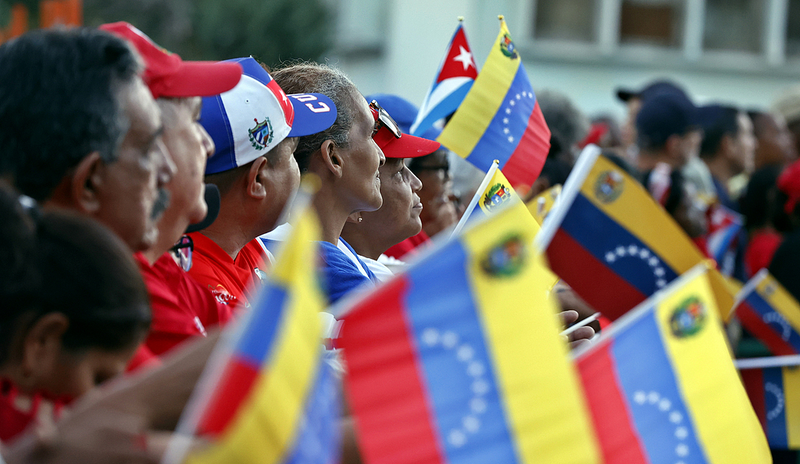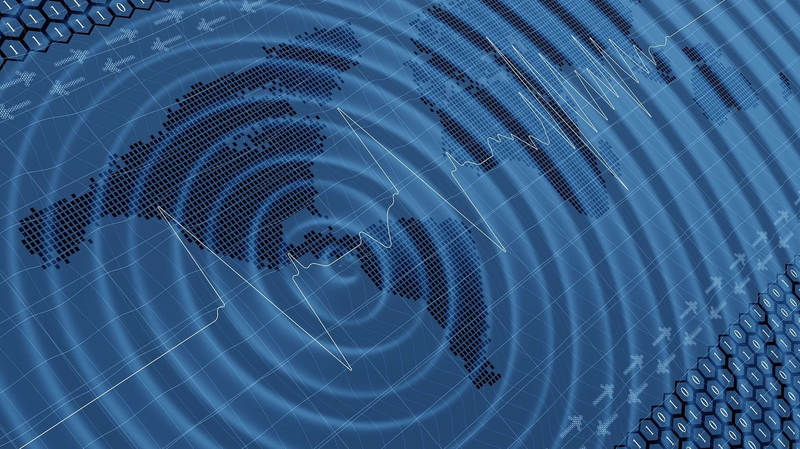🌍❄️ Venezuela's majestic glaciers have been symbols of natural beauty and wonder for generations. But now, the country faces a stark reality: all its glaciers are gone. Earlier this year, the final glacier was downgraded to an icefield, marking Venezuela as the first nation in Latin America to lose all its glaciers.
High up in the Andes, near the city of Mérida, locals and travelers alike once marveled at the icy peaks that crowned the mountains. These glaciers weren't just ice; they were a crucial part of the ecosystem and a source of water for communities below.
But as global temperatures rise 🌡️, the impact of climate change becomes increasingly visible. The melting of Venezuela's last glacier is more than just a national loss—it's a global warning sign. Scientists and environmentalists point to this event as a wake-up call about the accelerating effects of global warming.
For the people of Mérida, the disappearance of the glacier is both an environmental and cultural loss. \"It's like losing a part of our identity,\" says Maria, a local university student. \"We grew up with these glaciers, and now they're just memories.\"
This transformation has dramatically altered the landscape. Rivers fed by glacial melt have diminished, affecting agriculture and local water supplies. The change also impacts tourism, as the once snow-capped peaks no longer draw the same number of adventure seekers and nature enthusiasts.
But amidst the concern, there's a growing movement among Venezuela's youth to combat climate change. Grassroots organizations are popping up, aiming to raise awareness and promote sustainable practices. \"We might have lost our glaciers, but we haven't lost our spirit,\" adds Carlos, an environmental activist. \"It's up to our generation to make a difference.\"
The story of Venezuela's glaciers is a poignant reminder of the urgent need to address climate change 🌱. It's a call to action for all of us to protect what's left and to work towards a more sustainable future.
Have you been witnessing the effects of climate change in your own region? Share your experiences and let's keep the conversation going! 💬
Reference(s):
cgtn.com




